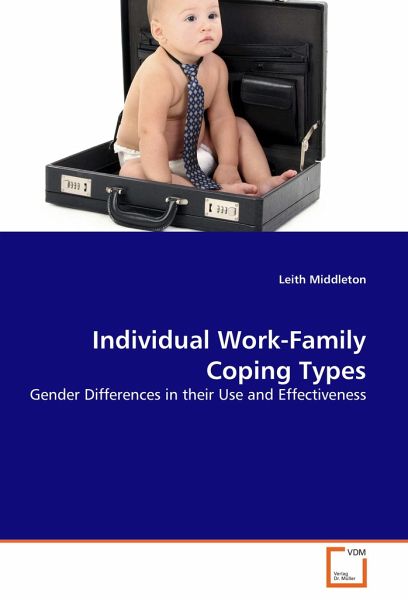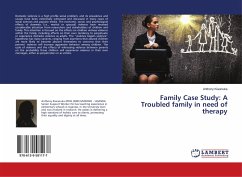
Individual Work-Family Coping Types
Gender Differences in their Use and Effectiveness
Versandkostenfrei!
Versandfertig in 6-10 Tagen
52,99 €
inkl. MwSt.

PAYBACK Punkte
26 °P sammeln!
Social changes in western society since the 1970s have resulted in large numbers of people with responsibilities both at work and at home. Coping with work-family conflict is thus a major issue for employed men and women. Employees develop their own strategies for dealing with conflict, but little research has been conducted in this area. The purpose of the research contained in this book was to investigate gender differences in the use and effectiveness of individual work-family coping types. This book explores the social context for work-family research, in addition to the academic literatur...
Social changes in western society since the 1970s have resulted in large numbers of people with responsibilities both at work and at home. Coping with work-family conflict is thus a major issue for employed men and women. Employees develop their own strategies for dealing with conflict, but little research has been conducted in this area. The purpose of the research contained in this book was to investigate gender differences in the use and effectiveness of individual work-family coping types. This book explores the social context for work-family research, in addition to the academic literature regarding work-family coping and gender. An initial qualitative study using an interviewing technique identifies themes for employees' coping strategies. Two quantitative studies further investigate coping, effectiveness, and gender differences. Contributing to a more in depth understanding of coping, this book will interest researchers investigating work-family balance. It also provides inspiration and direction for professionals working in business to retain staff, as well as engage and understand people in the workplace.












